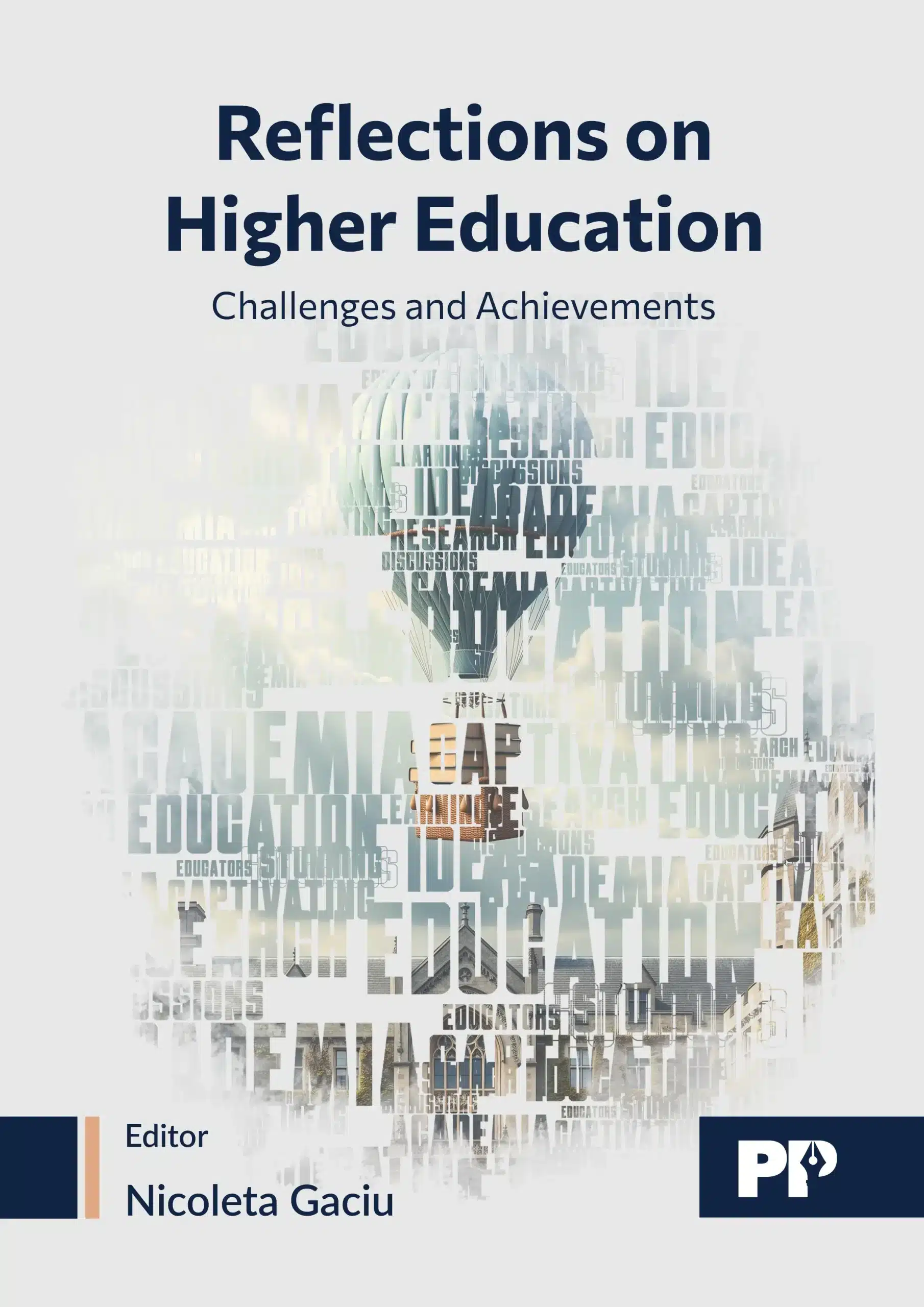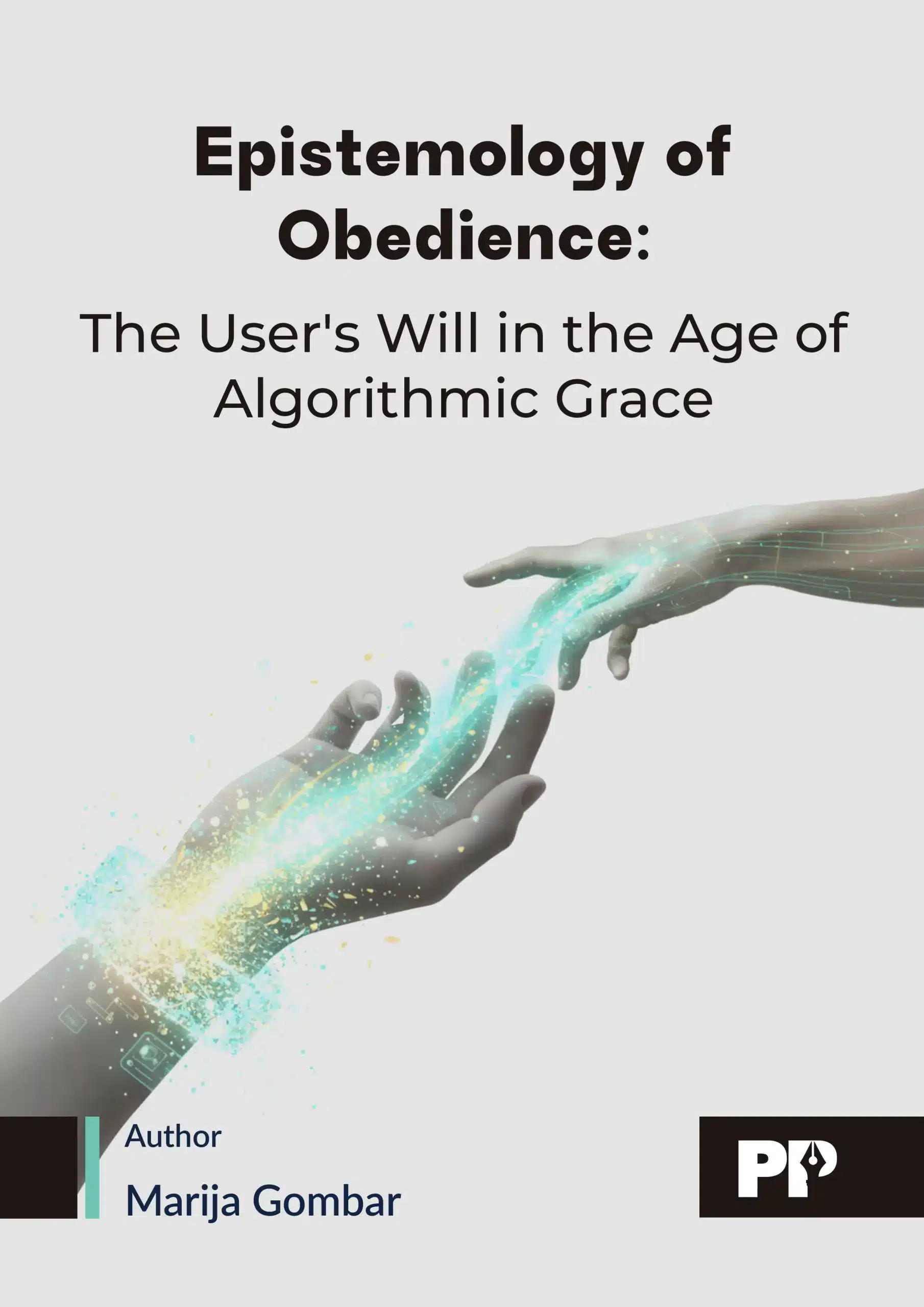This Book
Foreword
Informed by the latest research, the Reflections on Higher Education-Challenges and Achievements is a collection of scholarly and scientific edited chapters contributed by researchers, educators, and practitioners from different research fields. This book offers reflections and innovative ideas on the nature of multiple relationships in the field of academia.
The complex relationships between coaches and elite Japanese university athletes are examined in the first chapter. The co-dependency in the coaches and athlete relationships is essential for both athletes’ and coaches’ psychological development and for a better understanding of sport education in support of their carriers.
The second chapter raises the awareness of problems connected with the power distribution in academia, its overuses in the academic environment and its effects on the vulnerable populations in educational settings. The outcomes of this research are helpful for representatives of any academic communities to attempt to view themselves as representatives of their specific national, ethnic, religious, and other cultures and having an equal right to exist and co-exist without colliding and conflicting when placed in juxtaposition (Gould-Yakovleva, 2025).
The third chapter explores the synergy between learning analytics and learning design, and how learning analytics has been leveraged to inform learning design in the unique context of higher education. Designing frameworks that create a tight relationship between learning analytics and learning design in higher education enable a quick feedback loop to evaluate and enhance learning design decisions.
The fourth chapter provides a holistic description of the experience of Open Distance Learning (ODL) implementation in Higher Education in Palestine during the COVID- 19 pandemic from the perspectives of English as a Foreign Language (EFL) instructors and learners. Because of ODL’s versatility and ease of usage, both EFL instructors and learners thought it was cost-effective, gave them the chance to advance their technological and virtual abilities and their assessment practices.
Sincerely, Dr. Nicoleta Gaciu

Book Information
Important Links
Chapters








